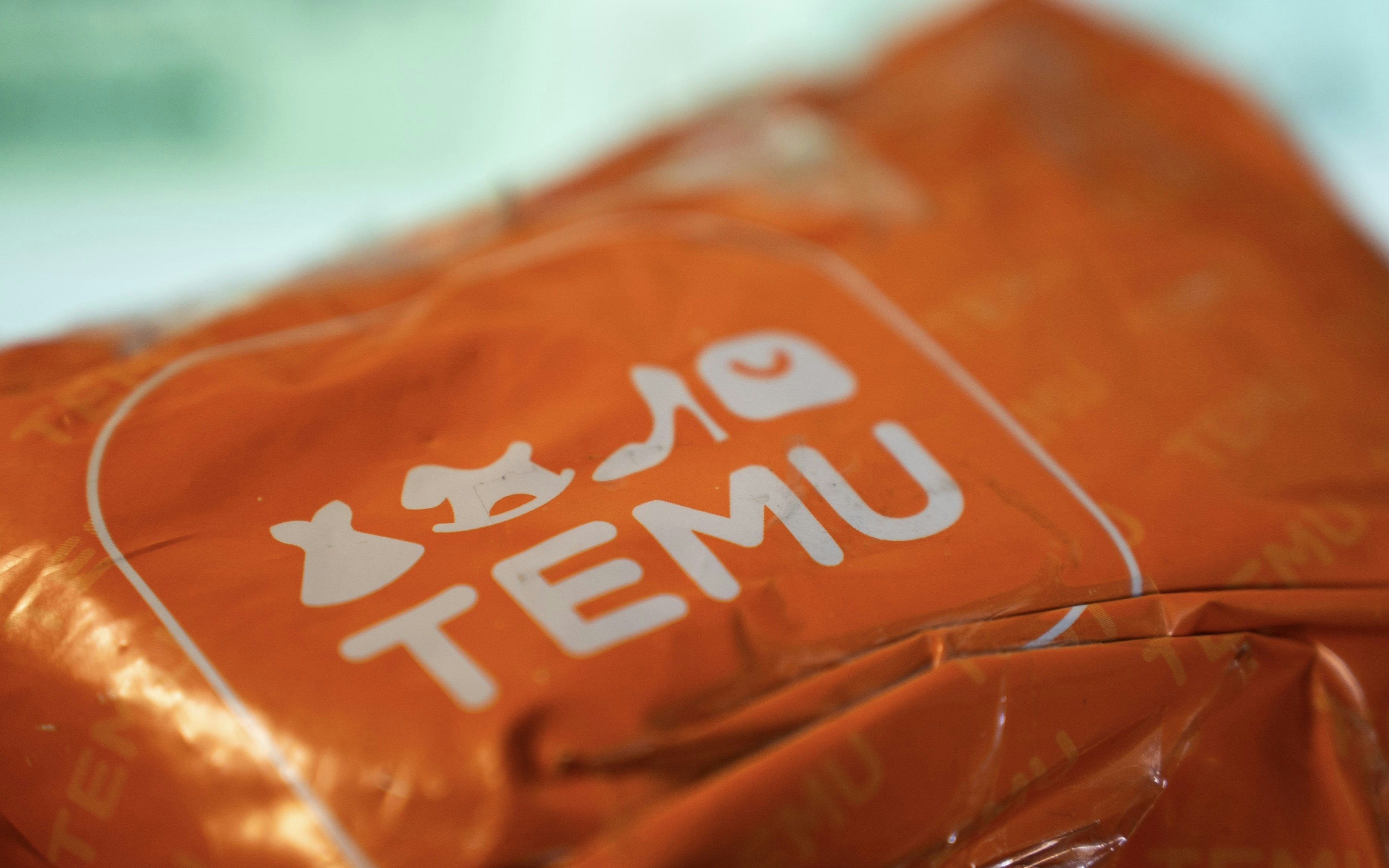The U.S. government under President Joe Biden seeks to close a loophole in trade law that Chinese e-commerce platforms like Temu, Shein, and AliExpress have used to bring inexpensive goods into the U.S. These companies have accelerated their growth by sending low-cost packages directly to American consumers, taking advantage of the so-called "de minimis" rule to avoid import tariffs.
On Friday, the White House proposed new regulations that would exclude a wide range of goods from these exemptions. The "de minimis" rule currently allows duty-free imports for shipments valued at under 800 US dollars. According to the new regulations, it would become more complicated to claim duty-free status for these shipments.
The USA announced that the number of shipments entering the country under this rule has increased from about 140 million per year a decade ago to over a billion. This immense volume of packages makes it difficult for authorities to stop faulty products or illegal substances like fentanyl.
The planned rules of the Biden administration aim to undermine the business model of Chinese e-commerce giants that have gained market share over platforms like Amazon by circumventing tariffs. Sellers on Amazon typically ship their goods in large quantities to warehouses and must pay import duties for this. These duties became more expensive during the Trump administration, when higher tariffs were imposed on many Chinese imports.
Particularly affected by the higher tariffs are textiles – a core product of the rapidly growing fashion provider Shein, which is currently seeking a stock market listing in London. Temu and AliExpress may also have to adapt to the new requirements by further localizing their supply chains.
The announcement of the new rules has already impacted the stock market: US listings of Temu's parent company PDD Holdings closed 2.4 percent lower on Friday, while those of Alibaba, the parent company of AliExpress, fell by 0.9 percent.
The measures taken by the U.S. follow similar concerns in the European Union, where tax exemptions for Chinese imports are also being examined. Kim Glas, head of the National Council of Textile Organizations, praised the U.S. government's decision and called for a permanent closure of the "de minimis" loophole.
U.S. Commerce Secretary Gina Raimondo stated: "American workers and businesses can compete globally, but for too long, Chinese e-commerce platforms have been evading tariffs by exploiting the 'de minimis' rule.










